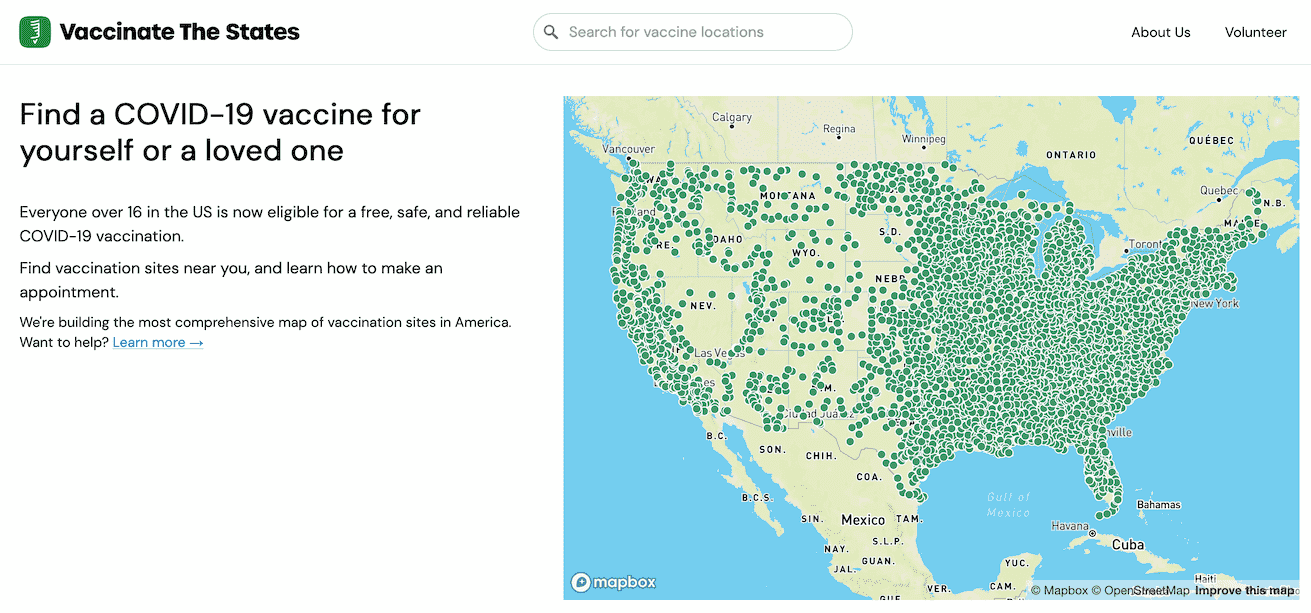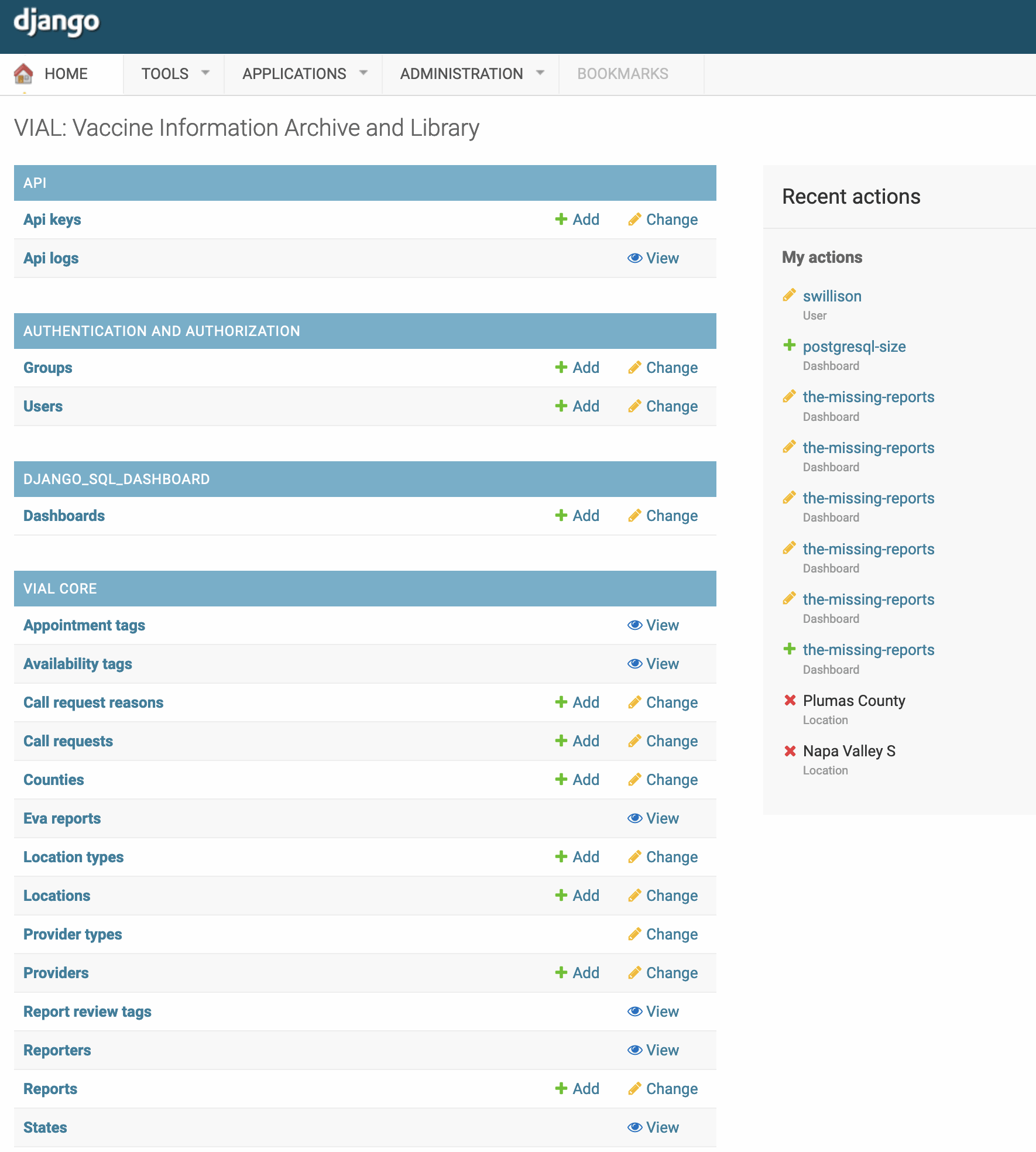Posts tagged django in Apr
Filters: Month: Apr × django × Sorted by date
Django: what’s new in 5.2. Adam Johnson provides extremely detailed unofficial annotated release notes for the latest Django.
I found his explanation and example of Form BoundField customization particularly useful - here's the new pattern for customizing the class= attribute on the label associated with a CharField:
from django import forms class WideLabelBoundField(forms.BoundField): def label_tag(self, contents=None, attrs=None, label_suffix=None): if attrs is None: attrs = {} attrs["class"] = "wide" return super().label_tag(contents, attrs, label_suffix) class NebulaForm(forms.Form): name = forms.CharField( max_length=100, label="Nebula Name", bound_field_class=WideLabelBoundField, )
I'd also missed the new HttpResponse.get_preferred_type() method for implementing HTTP content negotiation:
content_type = request.get_preferred_type( ["text/html", "application/json"] )
Composite primary keys in Django. Django 5.2 is out today and a big new feature is composite primary keys, which can now be defined like this:
class Release(models.Model): pk = models.CompositePrimaryKey( "version", "name" ) version = models.IntegerField() name = models.CharField(max_length=20)
They don't yet work with the Django admin or as targets for foreign keys.
Other smaller new features include:
- All ORM models are now automatically imported into
./manage.py shell- a feature borrowed from./manage.py shell_plusin django-extensions - Feeds from the Django syndication framework can now specify XSLT stylesheets
- response.text now returns the string representation of the body - I'm so happy about this, now I don't have to litter my Django tests with
response.content.decode("utf-8")any more - a new simple_block_tag helper making it much easier to create a custom Django template tag that further processes its own inner rendered content
- A bunch more in the full release notes
5.2 is also an LTS release, so it will receive security and data loss bug fixes up to April 2028.
Enforcing conventions in Django projects with introspection (via) Luke Plant shows how to use the Django system checks framework to introspect models on startup and warn if a DateTime or Date model field has been added that doesn’t conform to a specific naming convention.
Luke also proposes “*_at” as a convention for DateTimes, contrasting with “*_on” or “*_date” (I prefer the latter) for Dates.
Django 4.2 released. “This version has been designated as a long-term support (LTS) release, which means that security and data loss fixes will be applied for at least the next three years.” Some neat new async features, including improvements to async streaming responses.
Weeknotes: Vaccinate The States, and how I learned that returning dozens of MB of JSON works just fine these days
On Friday VaccinateCA grew in scope, a lot: we launched a new website called Vaccinate The States. Patrick McKenzie wrote more about the project here—the short version is that we’re building the most comprehensive possible dataset of vaccine availability in the USA, using a combination of data collation, online research and continuing to make a huge number of phone calls.
[... 1,109 words]Porting VaccinateCA to Django
As I mentioned back in February, I’ve been working with the VaccinateCA project to try to bring the pandemic to an end a little earlier by helping gather as accurate a model as possible of where the Covid vaccine is available in California and how people can get it.
[... 2,157 words]Django Release Cycle (via) Really nice visual representation of Django’s release cycle, built by Jeff Triplett as a remix of the Python release cycle by Dustin Ingram.
How to Create an Index in Django Without Downtime (via) Excellent advanced tutorial on Django migrations, which uses a desire to create indexes in PostgreSQL without locking the table (with CREATE INDEX CONCURRENTLY) to explain the SeparateDatabaseAndState and atomic features of Django’s migration framework.
The problem with laziness: minimising performance issues caused by Django’s implicit database queries (via) The ability to accidentally execute further database queries by traversing objects from a Django template is a common source of unexpected performance regressions. django-zen-queries is a neat new library which provides a context manager for disabling database queries during a render (or elsewhere), forcing queries to be explicitly executed in view functions.
Feature Flags, from PyCon 2014. Slides from a 15 minute talk I gave at PyCon 2014 about feature flags - what they are, how to use them and how we implemented them at both Lanyrd and Eventbrite.
This was part of a longer workshop on Advanced Django Patterns from Eventbrite and Lanyrd, which I co-presented with Andrew Godwin and Nathan Yergler.
Introduction to Surlex. A neat drop-in alternative for Django’s regular expression based URL parsing, providing simpler syntax for common path patterns.
django-piston. Promising looking Django mini-framework for creating RESTful APIs, from the bitbucket team. Ticks all of Jacob’s boxes, even including built-in pluggable authentication support with HTTP Basic, Digest and OAuth out of the box.
REST worst practices. Jacob Kaplan-Moss’ thoughts on the characteristics of a well designed Django REST API library, from November 2008.
python-sqlparse (via) Python library for re-identing SQL statements. This could make debugging Django’s generated SQL a whole lot easier. You can try the library out using an App Engine hosted application (complete with an API).
Haystack (via) A brand new modular search plugin for Django, by Daniel Lindsley. The interface is modelled after the Django ORM (complete with declarative classes for defining your search schema) and it ships with backends for both Solr and pure-python Whoosh, with more on the way. Excellent documentation.
Reducing XSS by way of Automatic Context-Aware Escaping in Template Systems (via) The Google Online Security Blog reminds us that simply HTML-escaping everything isn’t enough—the type of escaping needed depends on the current markup context, for example variables inside JavaScript blocks should be escaped differently. Google’s open source Ctemplate library uses an HTML parser to keep track of the current context and apply the correct escaping function automatically.
django-shorturls. Jacob took my self-admittedly shonky shorter URL code and turned it in to a proper reusable Django application.
rev=canonical bookmarklet and designing shorter URLs
I’ve watched the proliferation of URL shortening services over the past year with a certain amount of dismay. I care about the health of the web and try to ensure that URLs I am responsible will last for as long as possible, and I think it’s very unlikely that all of these new services will still be around in twenty years time. Last month I suggested that the Internet Archive start mirroring redirect databases, and last week I was pleased to hear that Archiveteam, a different organisation, had already started crawling.
[... 920 words]Scaling Django web apps on Apache. Cool to see this kind of article cropping up on IBM developerWorks, but it’s a shame they don’t mention mod_wsgi.
How to use Django with Apache and mod_wsgi. My favourite deployment option is now included in the official Django docs, thanks to Alex Gaynor. I tend to run a stripped down Apache with mod_wsgi behind an nginx proxy, and have nginx serve static files directly. This avoids the need for a completely separate media server (although a separate media domain is still a good idea for better client-side performance).
QuerysetRefactorBranch. What’s new and changed now that queryset-refactor has merged to trunk.
Queryset-refactor branch has been merged into trunk. Malcolm’s latest Django masterpiece is complete.
Multiple inheritance of newforms and modelforms. If you ever see “Error when calling the metaclass bases metaclass conflict: the metaclass of a derived class must be a (non-strict) subclass of the metaclasses of all its bases” when trying multiple inheritance with newforms and modelforms, here’s a scary solution I found.
Sharedance (via) “Sharedance is a high-performance server that centralize ephemeral key/data pairs on remote hosts, without the overhead and the complexity of an SQL database.”—ideally suited to session data, which is a poor fit for a full relational database.
Active on IRC in the past hour. New Django People feature in collaboration with Brian Rosner—DjangoBot now provides information on currently active IRC participants. There’s an opt-out privacy control and the bot sends you a message about it the first time it logs your activity.
django-rosetta—Google Code. Very classy Django-powered interface for both reading and writing your project’s gettext catalog files, hence allowing application translators to work through a web interface.
Google App Engine for developers. Best in-depth coverage so far, from Niall Kennedy. I didn’t know that Guido had worked on the Django compatibility layer.
The Google App Engine model class, db.Model, is not the same as the model class used by Django. As a result, you cannot directly use the Django forms framework with Google App Engine. However, Google App Engine includes a module, db.djangoforms, which casts between the datastore models used with Google App Engine and the Django models specification. In most cases, you can use db.djangoforms.ModelForm in the same manner as the Django framework.
Running Django on Google App Engine. Django 0.96 is included, but you need to disable the ORM related parts and use the Google App Engine Bigtable interface instead.
Why the webstandards world appears to be choosing Django. I’m not convinced that this is a definite trend, but it certainly makes for an interesting discussion.

